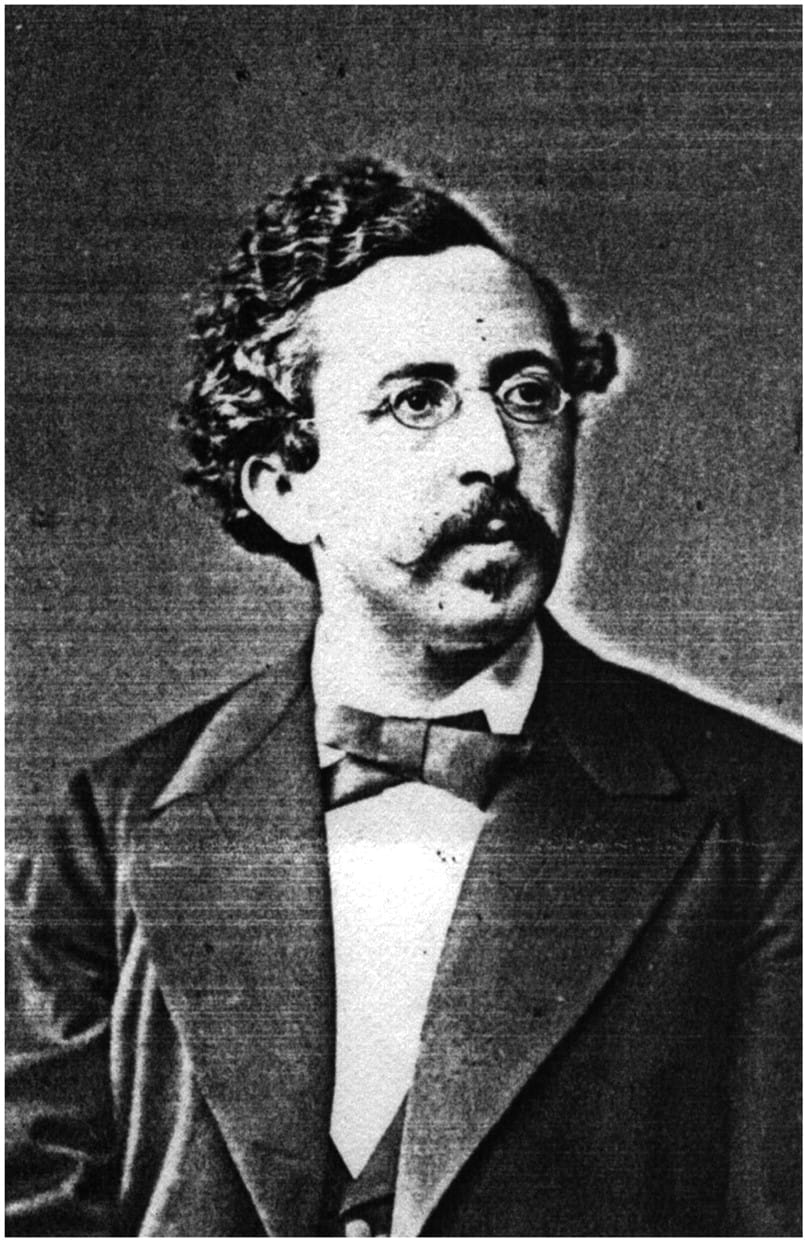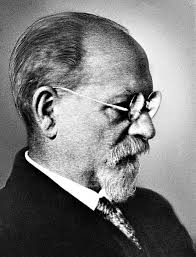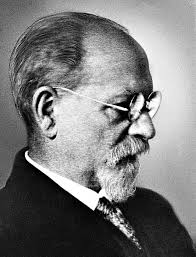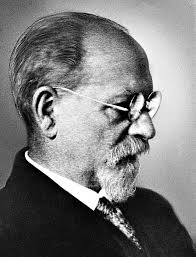Hermann Cohen's Works

NB. From Wikipedia, SEP!
- "Die Platonische Ideenlehre Psychologisch Entwickelt," in "Zeitschrift für Völkerpsychologie," 1866, iv. 9 ("Platonic Ideal Theorie Psychologically Developed")
- "Mythologische Vorstellungen von Gott und Seele," ib. 1869 ("Mythological Concepts of God and the Soul")
- "Die dichterische Phantasie und der Mechanismus des Bewusstseins," ib. 1869 ("Poetic Fantasy and Mechanisms of Consciousness")
Jüdische Schriften
. Introduction by Franz Rosenzweig, edited by Bruno Strauss. Berlin, C. A. Schwetschke: 1924.
- Excerpts have been published in English translation: Reason and Hope: Selections from the Jewish Writings of Hermann Cohen. Translated by Eva Jospe. Cincinnati: Hebrew Union College Press, 1993. (Originally published New York: Norton, 1971, in series: B'nai B'rith Jewish Heritage Classics, with additional material.)
- Selected translations from the Jüdische Schriften are found in Part Two of Hermann Cohen: Writings on Neo-Kantianism and Jewish Philosophy (edited by Samuel Moyn and Robert S. Schine. The Brandeis Library of Modern Jewish Thought. Waltham, MA: Brandeis University Press, 2021). Part One presents chapters from Ethik des reinen Willens and Part Three essays on the interpretation of Cohen by Ernst Cassirer, Franz Rosenzweig and Alexander Altmann.
- "Zur Kontroverse zwischen Trendelenburg und Kuno Fischer," ib. 1871 ("On the controversy between Trendelenburg and Kuno Fischer")
Kant's Theorie der Erfahrung, Berlin, 1871; 2d ed., 1885 ("Kant's Theory of Experience").
- [One central chapter of the 1885 edition is translated as 2015, "The Synthetic Principles," D. Hyder (trans.), in S. Luft (ed.), , The Neo-Kantian Reader, Oxford: Routledge.]
- Kant's Begründung der Ethik, Berlin, 1877 ("Kant's Foundations of Ethics")
- "Platon's Ideenlehre und die Mathematik," Marburg, 1878 ("Mathematics and Theory of Platonic Ideals")
Das Prinzip der Infinitesimalmethode und seine Geschichte: ein Kapitel zur Grundlegung der Erkenntnisskritik, Berlin, 1883 ("The Principle of the Method of Infintesmals and its History: A Chapter Contributed to Critical Perception")
- A short selection is translated as 2015, "Introduction," D. Hyder and L. Patton (trans.), in S. Luft (ed.), The Neo-Kantian Reader, Oxford: Routledge.
Religion der Vernunft aus den Quellen des Judentums. (1919, repr. Fourier: 1995)
- Religion of Reason out of the Sources of Judaism. Translated, with an introduction, by Simon Kaplan. Introductory essay by Leo Strauss. New York: F. Ungar, 1972.
"Spinoza über Staat und Religion, Judentum und Christentum" (1915).
- Spinoza on State and Religion, Judaism and Christianity. Translated and with an introduction by Robert S. Schine. Jerusalem: Shalem Press, 2014.
- "Von Kant's Einfluss auf die Deutsche Kultur," Berlin, 1883 ("On Kant's Influence on German Culture")
- Kant's Begründung der Aesthetik, Berlin, 1889 ("Kant's Foundations of Aesthetics")
- "Zur Orientierung in den Losen Blättern aus Kant's Nachlass," in "Philosophische Monatshefte," 1890, xx. ("An Orientation to the Loose Pages from Kant's Literary Estate")"Leopold Schmidt," in "Neue Jahrbücher für Philologie und Pädagogik," 1896, cliv.
Selected Works by Cohen
For a complete bibliography of Cohen’s works, see Holzhey 1986, 1.355–383.
- 1977–2005, Werke. H. Holzhey and H. Weidebach (eds.), Hildesheim: G. Olms.
- 1871a, “Zur Controverse zwischen Trendelenburg und Kuno Fischer,” [“On the Controversy between Trendelenburg and Kuno Fischer,”] Zeitschrift für Völkerpsychologie and Sprachewissenschaft, 7 (1871): 249–296.
- 1871b/1885, Kants Theorie der Erfahrung, [Kant’s Theory of Experience,] Berlin: Dümmler. [One central chapter of the 1885 edition is translated as 2015, “The Synthetic Principles,” D. Hyder (trans.), in S. Luft (ed.), The Neo-Kantian Reader, Oxford: Routledge.]
- 1873, Die systematische Begriffe in Kants vorkritische Schriften nach ihrem Verhältniss zum kritischen Idealismus, [Systematic Concepts in Kant’s Pre-critical Writings according to their relation to Critical Idealism], Berlin: Dümmler.
- 1877, Kants Begründung der Ethik [Kant’s Grounding of Ethics], Berlin: Dümmler.
- 1878, “Platons Ideenlehre und die Mathematik,” [“Plato’s Doctrine of Ideas and Mathematics,”] Rectoratsprogramm der Univerisität Marburg, Marburg: Elwertsche.
- 1883, Das Prinzip der Infinitesimal-Methode and seine Geschichte: Ein Kapitel zur Grundlegung der Erkenntniskritik, [The Principle of the Infinitesimal Method and its History: a Chapter of the Foundations of the Critique of Knowledge,] Berlin: Dümmler. [A short selection is translated as 2015, “Introduction,” D. Hyder and L. Patton (trans.), in S. Luft (ed.), The Neo-Kantian Reader, Oxford: Routledge.]
- 1889, Kants Begründung der Ästhetik, [Kant’s Foundations of the Aesthetics,] Berlin: Dümmler.
- 1902a, System der Philosophie, Erster Teil: Logik der reinen Erkenntnis, [System of Philosophy, First Part: Logic of Pure Knowledge,] Berlin: Bruno Cassirer.
- 1902b, “Biographisches Vorwort und kritischem Nachtrag,” [“Biographical Forward and Critical Supplement,”] in F.A. Lange, Geschichte des Materialismus und Kritik seiner Bedeutung in der Gegenwart, Iserlohn und Leipzig: Baedeker.
- 1904/1907, System der Philosophie, Zweiter Teil: Ethik der reinen Willens. [System of Philosophy, Second Part: Ethics of Pure Will,] Berlin: Bruno Cassirer.
- 1907, Kommentar zu Immanuel Kants Kritik der reinen Vernunft, [Commentary on Kant’s Critique of Pure Reason,] Leipzig: Meiner.
- 1912, System der Philosophie, Dritter Teil: Ästhetik der reinen Gefühls, [System of Philosophy, Third Part: Aesthetic of Pure Feeling,] Berlin: Bruno Cassirer.
- 1915, Der Begriffe der Religion im System der Philosophie, [The Concept of Religion in System of Philosophy,] Geissen: Töpelmann.
- 1919, Die Religion der Vernunft aus den Quellen des Judentums, Leipzig: Fock. Translated as: Cohen H., 1972, Religion of Reason: Out of the Sources of Judaism, trans. Simon Kaplan, New York: Frederick Unger.
- 1924, Jüdische Schriften, ed. B. Strauss, Berlin: Schwetschke. Partially translated as: Cohen, H., 1971, Reason and Hope: Selections from the Jewish Writings of Hermann Cohen, trans. Eva Jospe, New York: Norton and Norton.
- 1971 (1908), “Charakteristik der Ethik Maimunis,” in W. Bacher, M. Brann, D. Simonsen, and J. Guttman (eds.), Moses ben Maimon: Sein Leben, seine Werke, und seine Einfluss, Hildesheim: Georg Olms. Translated as: Cohen H., 2004, Ethics of Maimonides, trans. with extensive commentary A. Sh. Bruckstein, Madison, WI: University of Wisconsin Press.




